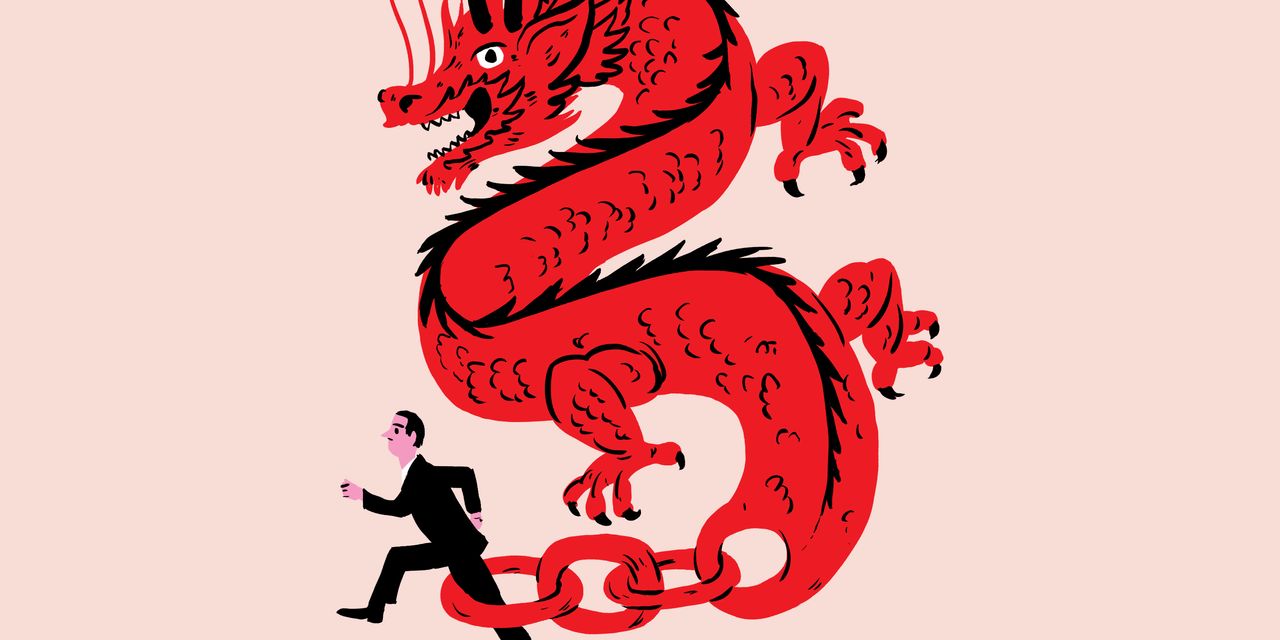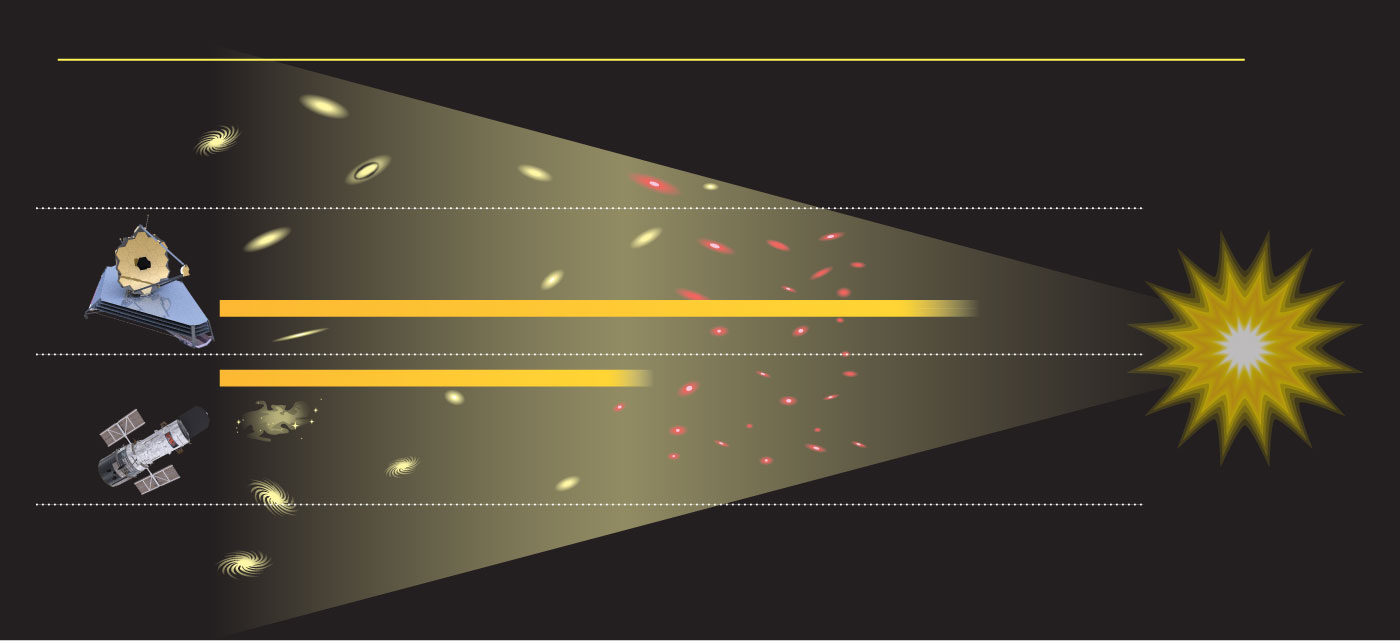
Over the past year, investors have seen the term “decoupling” often. However, it is likely to confuse people because it had one definition for decades, while now it has another. The two meanings are related, but they aren’t the same.
The first “decoupling” has its origins decades ago. In the immediate aftermath of World War II, America reigned supreme among world economies and experts considered it the locomotive of global economic growth. In other words, the global economy didn’t grow without U.S. leadership. But as other countries rebuilt and recovered from the carnage of war, some economists thought there might be a decoupling of the U.S. economy from world growth, with other countries taking up the economic-growth leadership.
Ask a Question
What investing terms would you like to understand better? Email [email protected] or join the conversation, below.
Economists discussed decoupling extensively, but it never happened, says Robert Wright, an economic historian and a senior fellow at the American Institute for Economic Research. “There was no alternative to the U.S.,” he says. Put another way, the other economies, such as those in Europe and Asia, weren’t strong enough to fill America’s economic shoes. That meant world growth had to continue relying on the U.S.
A new decoupling
Currently, “decoupling” is increasingly used when referring to the breaking of economic links with China. This idea seemed to get sparked by the lack of Chinese-government transparency surrounding the initial viral outbreak of Covid-19 in Wuhan, China, combined with longstanding complaints about China’s human-rights violations and alleged mass theft of intellectual property from Western companies.
Even though China says it has taken steps to improve its intellectual-property protections, some governments and businesses are reconsidering their economic links with China, and instead find other trade partners.
“This sort of decoupling makes a lot more sense,” Mr. Wright says. “Why go to China, which has all these problems and where billionaires disappear?”
The pandemic has also made governments turn away from China. Covid-19 has shown governments that there is a critical need for vital pharmaceutical products and healthcare equipment to be produced domestically or sourced from allies, says Peter Tchir, head of global macro at Academy Securities. In turn, that will likely continue to stoke inflationary pressures.
“People are assuming that all supply problems are temporary,” he says, but some of them “will be permanent, and that will lead to higher inflation.”
Of course, higher inflation—if it materializes—would likely undermine the outlook for stock returns, as authorities will be more likely to raise the cost of borrowing sooner than later.
More on the way
Any decoupling with China would reverse two decades of economic integration, which got a boost when China joined the World Trade Organization in 2001, with the privileges of being able to export goods at the low tariffs negotiated by the WTO.
China itself is moving to reverse that integration. After two decades of moving toward economic freedom, the nation will begin returning to central planning—which means less of a push for trade with the rest of the world.
“I expect more decoupling from the rest of the world as China continues its recentralization,” Mr. Tchir writes in a recent report.
At the same time, China will likely project more power abroad. In particular, the nation might try to position itself as the top superpower during the forthcoming G-20 summit of leading nations in late October, he says. That would likely cause even greater tension between the U.S. and China.
Mr. Constable is a writer in Edinburgh, Scotland. He can be reached at [email protected].
Copyright ©2021 Dow Jones & Company, Inc. All Rights Reserved. 87990cbe856818d5eddac44c7b1cdeb8








